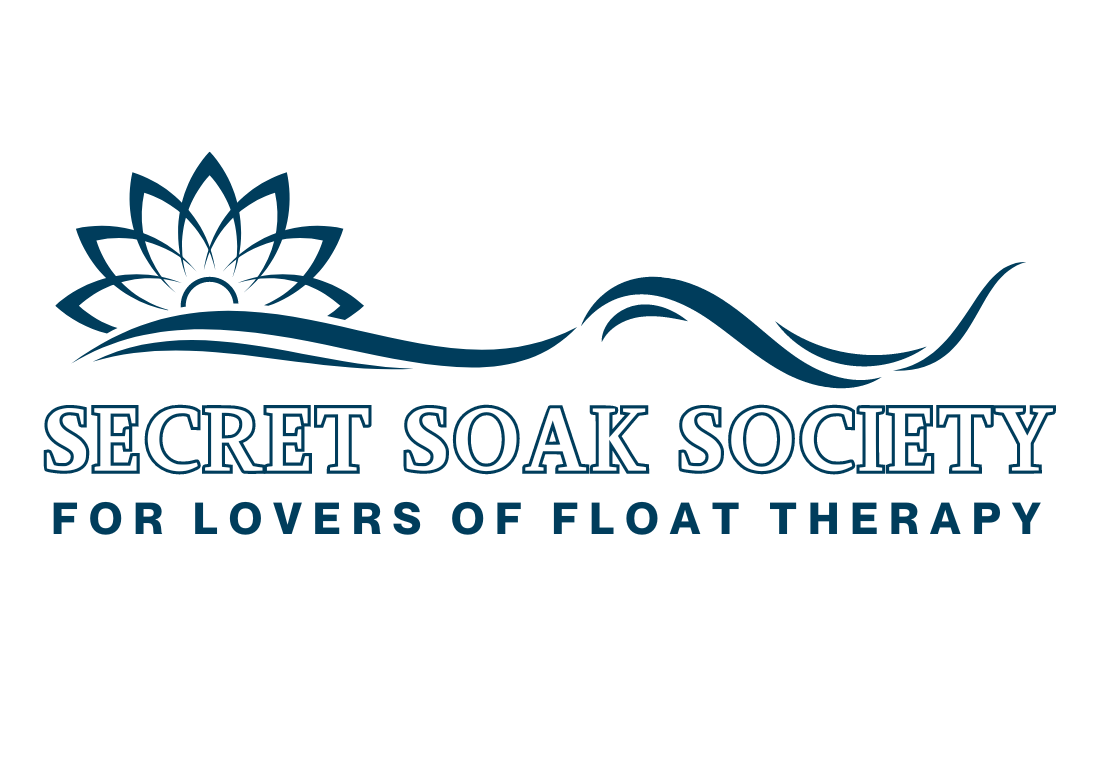In the quest for a good night’s sleep, many find themselves navigating a labyrinth of solutions, from pharmaceutical aids to tech-driven gadgets. Yet, one of the most profound remedies comes not from the future but from a practice rooted in the simplicity of silence and stillness: float therapy. This article explores the burgeoning research surrounding float therapy and its remarkable benefits for enhancing sleep quality, offering a natural alternative for those seeking refuge from restless nights.
Unveiling the Science of Sleep and Float Therapy
Float therapy, or sensory deprivation therapy, involves an individual floating in a tank filled with a warm saline solution, designed to minimize external sensory input. This unique environment facilitates a level of relaxation and disconnection from daily stimuli that is hard to achieve through other means. But how does this translate into better sleep?
The Biological Connection: From Stress to Sleep
Central to the efficacy of float therapy in enhancing sleep quality is its ability to reduce stress and anxiety, two significant contributors to sleep disorders. A study in the Journal of Clinical Psychology found that float therapy sessions significantly decreased cortisol levels, the body’s primary stress hormone. By reducing this physiological marker of stress, float therapy creates a cascade of effects conducive to relaxation and, subsequently, improved sleep.
Resetting the Circadian Rhythm
Our bodies operate on a circadian rhythm, an internal clock that regulates sleepiness and wakefulness over a 24-hour period. Disruptions to this rhythm can lead to sleep issues, such as insomnia. Research published in the Sleep Medicine Reviews journal suggests that the deep relaxation state achieved through float therapy can help reset the body’s circadian rhythm, making it easier to fall asleep and wake up feeling refreshed.
Enhancing Sleep Architecture
Sleep architecture refers to the structure of the different stages of sleep we cycle through each night, including both rapid eye movement (REM) and non-REM sleep. Preliminary research indicates that regular float therapy sessions can improve sleep architecture by increasing the duration of deep, restorative sleep stages. This enhancement not only makes sleep more refreshing but can also have a positive impact on cognitive functions, mood regulation, and overall health.

The Psychological Pathway to Better Sleep
Beyond the physiological impacts, float therapy offers a psychological respite from the overstimulation of modern life. The meditative state induced by floating can foster mindfulness and a sense of presence, reducing bedtime anxiety and promoting a smoother transition to sleep. This psychological unwinding is crucial for those whose sleep issues stem from mental unrest or an inability to “switch off” at night.
Empirical Evidence and Personal Experiences
Anecdotal evidence and qualitative studies underscore the sleep-enhancing benefits of float therapy, with many individuals reporting significant improvements in both the ease of falling asleep and the quality of sleep experienced. These personal accounts, combined with ongoing research, paint a compelling picture of float therapy as a powerful ally in the pursuit of better sleep.
Conclusion: Embracing the Quiet for Quality Sleep As we continue to seek solutions for better sleep amidst the challenges of contemporary life, float therapy emerges as a beacon of hope for many. Its ability to meld physical relaxation with psychological peace offers a holistic approach to sleep enhancement that few other therapies can match. For those yearning for a return to natural, restorative sleep, the serene embrace of float therapy might just be the key to unlocking dreamland. With each session, we drift closer not only to the shores of slumber but to a deeper understanding of relaxation and its profound impact on our well-being.






